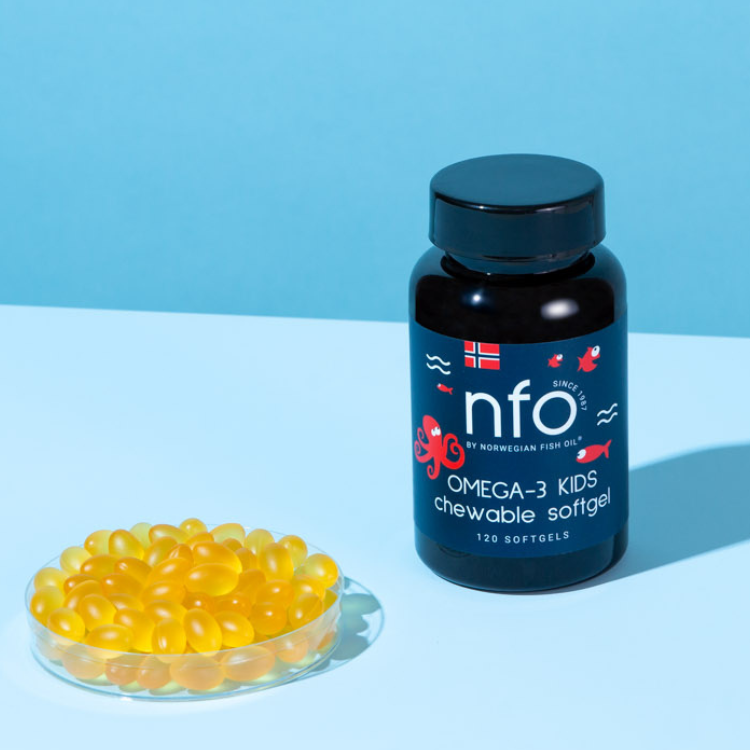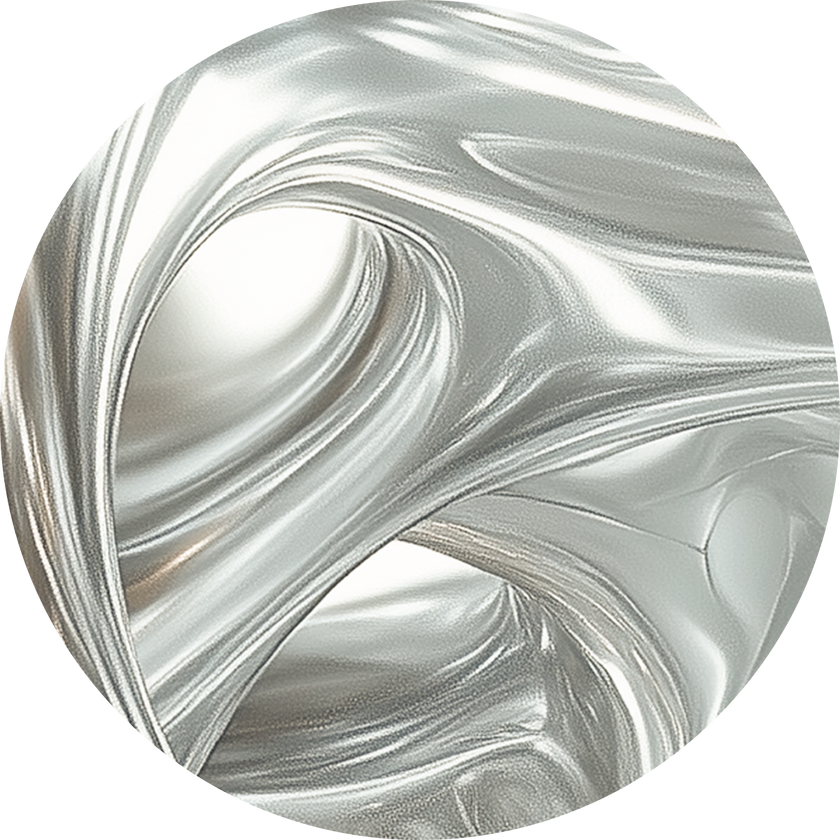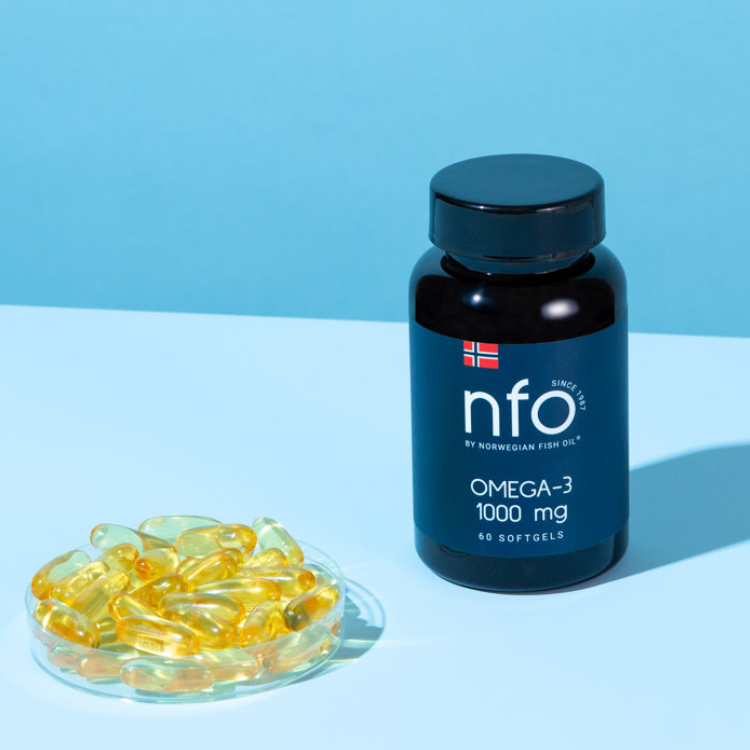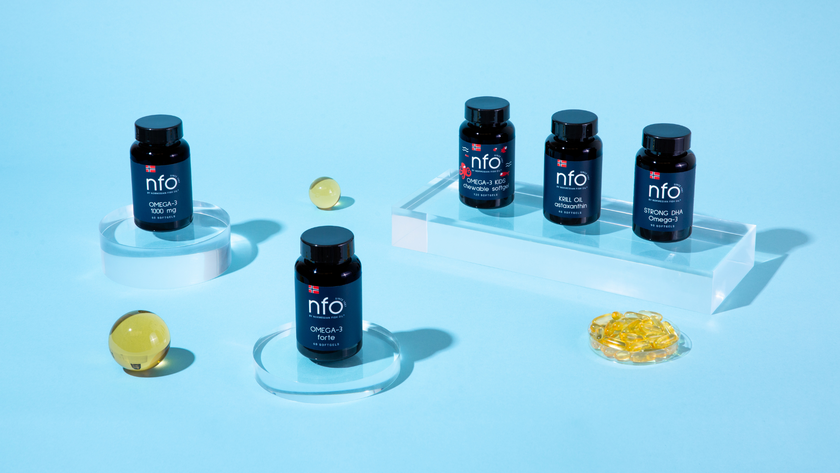Understanding Vitamin A
Vitamin A is a fat-soluble vitamin essential for numerous bodily functions, including vision, immune response, and skin health. It exists in two primary forms: preformed Vitamin A (retinoids) found in animal products and provitamin A carotenoids found in plant-based foods.
Vitamin A and Skin Health
Vitamin A influences skin cell production and turnover. Retinoids, derivatives of Vitamin A, are integral in regulating the growth of epithelial cells. They promote the shedding of old skin cells and the generation of new ones, maintaining skin vitality and function.
Mechanisms of Action in Acne Treatment
- Regulation of Skin Cell Turnover: Retinoids normalize the shedding of skin cells, preventing clogged pores.
- Anti-Inflammatory Properties: Vitamin A exhibits anti-inflammatory effects, reducing redness and swelling.
- Sebum Production Reduction: Retinoids decrease sebum production, a key factor in acne development.
Topical Retinoids in Acne Management
Topical retinoids, such as tretinoin and adapalene, are commonly prescribed for mild to moderate acne. They are applied directly to the skin and are effective in reducing acne lesions (AAD Guidelines).
Oral Retinoids for Severe Acne
For severe acne, oral retinoids like isotretinoin may be considered. Isotretinoin targets excessive sebum production and follicular hyperkeratinization. However, due to potential side effects, its use requires careful monitoring.
Dietary Vitamin A and Acne
While maintaining adequate Vitamin A levels is essential for skin health, evidence supporting dietary supplements as a primary treatment for acne is limited (NIH Office of Dietary Supplements).
Safety and Considerations
Vitamin A derivatives may cause skin irritation, dryness, and increased sensitivity to sunlight. Oral retinoids carry a risk of severe side effects, making professional consultation necessary before use.
Conclusion
Vitamin A and its derivatives play a significant role in acne management by affecting skin cell turnover and inflammation. Topical and oral retinoids can effectively reduce acne lesions but require careful management due to potential side effects.
References
- Decker A, et al. (2012). Over-the-counter acne treatments: PMC Article.
- Grajqevci Kotori M. (2015). Low-dose vitamin A tablets - treatment of acne vulgaris: DOI.
- National Institutes of Health Office of Dietary Supplements. (2013). Vitamin A: Fact sheet.
- American Academy of Dermatology. (n.d.). Role of diet in acne.
- U.S. Food and Drug Administration. (n.d.). Vitamins.
Note: This article is for informational purposes only and should not replace professional medical advice.









